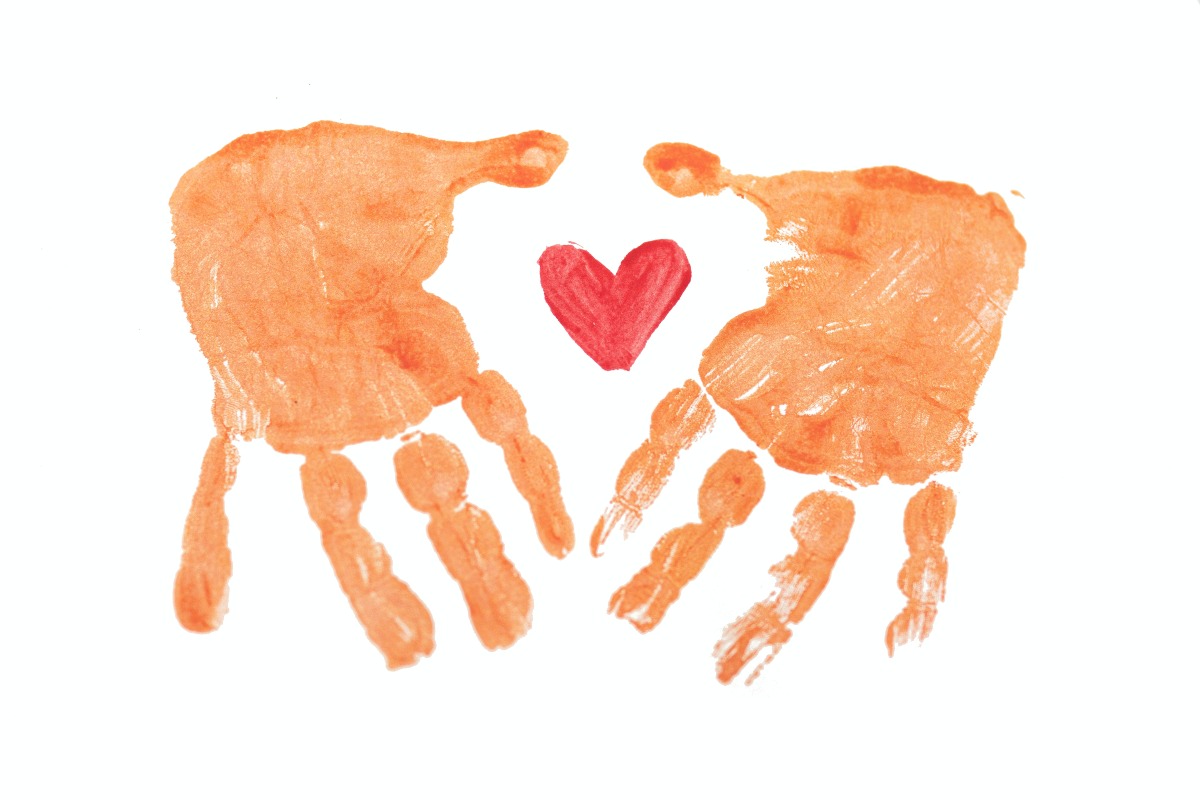
Codependency is not uncommon in families dealing with substance use disorder (SUD). SUD can result in a lack of boundaries or a sense of self. The Merriam-Webster Dictionary defines codependency as “[A] psychological condition or a relationship in which a person manifesting low self-esteem and a strong desire for approval has an unhealthy attachment to another often controlling or manipulative person (such as a person with an addiction to alcohol or drugs).”
This dependency is unhealthy for all involved. You can recover from codependency; rebuilding your identity and self-esteem is possible. Recovery involves relearning healthy habits and setting boundaries. Healthy family support can support healthy recovery, but first, boundaries must be established.
Signs of Codependency
If you are in a healthy relationship, it’s natural to rely on your partner for support. However, codependency is an excessive dependency on a relationship. The following are signs of possible codependence:
- Unable to express your own feelings or emotions
- A need to be liked
- No boundaries
- Ignoring or denying a problem
- Feeling responsible for someone else’s feelings
- Feeling isolated or depressed
- Low self-worth
- Keeping your thoughts to yourself because of guilt
- A need to control or fix another person
- Putting your interests to the side
- Too loyal
- Poor communication
- Refusing to seek help
Codependence, Helping, and Enabling
When someone you care about, be it a friend, romantic partner, or family member, is struggling with SUD, it’s natural to want to help them. It’s hard to watch someone you love hurting themselves.
However, the line between helping someone and enabling them can be very thin. For example, giving someone money to buy food is helping; giving someone with SUD money to buy drugs is enabling.
Additional examples of enabling include the following:
- Taking “responsibility” for the individual using
- Putting the individual’s needs before their own
- Putting the individual’s feelings before their own
- Failing to set boundaries
- Being unable to express feelings
- Protecting someone from the consequences of their actions
- Keeping secrets
Families frequently try to control loved ones who have an active SUD. This often backfires. It is not possible to stop the actions of another human being, and it is important to know this and set boundaries. Healthy family support can make a difference in recovery, but it is important to know healthy boundaries and keep the relationships healthy and supportive.
People affected by codependency are typically involved with someone who is in recovery or has an active substance use disorder (SUD). Family and friends create a network of people who try to help. However, these people may actually be hurting more than they are helping because they overhelp, allowing someone to avoid recovery. By having their needs met by others, people with active SUD don’t have to take responsibility for themself and therefore don’t have to deal with the results of their actions. The Guest House understands boundaries and how to end codependency. Call (855) 483-7800 today and find healing.